“Aluminum Ammonium Sulphate” has been added to your cart. View cart
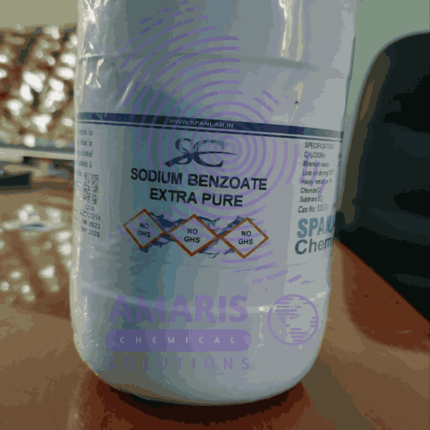
Sodium Benzoate 500gm
$445.00 Original price was: $445.00.$300.00Current price is: $300.00.
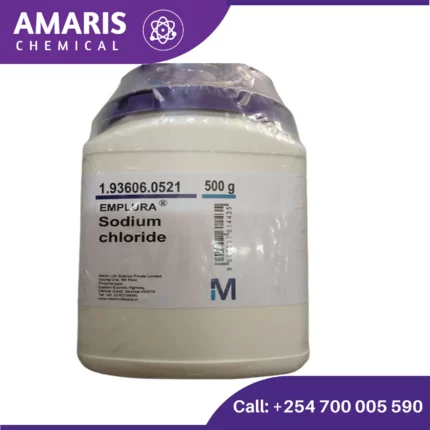
Sodium Chloride 500gm
$290.00 Original price was: $290.00.$200.00Current price is: $200.00.
Sodium Bromide 500gm
$2,030.00 Original price was: $2,030.00.$1,580.00Current price is: $1,580.00.
Whatsapp Order
Sodium bromide (NaBr) is an inorganic compound with a white crystalline appearance, highly soluble in water, and somewhat similar to sodium chloride (table salt). Here’s a breakdown of its key properties, applications, and laboratory uses:
Properties:
- Formula: NaBr
- Appearance: White crystalline solid
- Odor: Odorless
- Solubility: Highly soluble in water
- Melting point: 801 °C (1474 °F)
- Boiling point: 1390 °C (2534 °F)
SKU:
ACS59244CHEM0
Category: Analytical Reagents
Description
Uses of Sodium Bromide
- Precursor for Bromide Salts:
- A primary use of sodium bromide is as a starting material for synthesizing various other bromide salts. This is because it’s a readily available source of bromide ions (Br⁻).
- Researchers can utilize these bromide salts in different areas of study. For instance, some bromide salts might be used in:
- Material science experiments involving compounds with bromine.
- Pharmaceutical research to investigate the properties or potential applications of specific bromine-containing molecules.
- Industrial chemistry to develop or test new fire retardants or other bromine-based industrial products.
- Source of Bromide Ion (Br⁻):
- In specific laboratory reactions, a convenient source of bromide ions might be necessary. Sodium bromide serves this purpose effectively.
- Depending on the research area, these bromide ions can participate in various chemical reactions, such as:
- Precipitation reactions: When mixed with solutions containing specific metal cations (positively charged ions), sodium bromide can lead to the formation of bromide salts as precipitates (solid products formed from a solution). This can be useful for separating or identifying specific metal ions.
- Redox reactions: In some oxidation-reduction (redox) reactions, bromide ions might act as oxidizing or reducing agents depending on the specific reaction conditions.
- Calibration Standards:
- Sodium bromide solutions with precisely known concentrations can be used for calibration purposes in certain analytical techniques.
- One example is ion chromatography, a technique that separates and measures the concentration of ions in a solution. By using a sodium bromide solution with a known concentration as a reference, researchers can calibrate their instruments to ensure accurate measurements of bromide ions (and other ions) in unknown samples.
Reviews (0)
Be the first to review “Sodium Bromide 500gm” Cancel reply
Related products
Aluminum Ammonium Sulphate
Aluminum ammonium sulfate, also known as ammonium alum or just alum, is a chemical compound with the formula (NH4)Al(SO4)2·12H2O. It's a white crystalline solid commonly used in water purification, leather tanning, and as a mordant in dyeing textiles.
In water purification, alum acts as a coagulant to remove impurities by causing suspended particles to clump together, making it easier for filtration to remove them. In leather tanning, it helps to stabilize the leather by tightening the collagen fibers. And in dyeing textiles, alum helps the dye adhere to the fabric.
However, it's important to note that excessive exposure to aluminum compounds like alum can be harmful, so it's typically used with caution and proper safety measures.
Aluminum Potassium Sulphate 500gm
Aluminum Potassium Sulphate, commonly known as potassium alum or potash alum, is a chemical compound with the formula KAl(SO₄)₂·12H₂O. It is a type of alum, a double sulfate salt, and is typically found in its dodecahydrate form. Here are some key points about this compound:
Physical Properties:
- Appearance: Colorless, transparent crystals or white powder.
- Solubility: Soluble in water but insoluble in alcohol.
- Melting Point: Decomposes at high temperatures before melting.
Chemical Properties:
- Molecular Formula: KAl(SO₄)₂·12H₂O
- Molecular Weight: 474.39 g/mol (for the dodecahydrate form)
- Acidity: It is slightly acidic in aqueous solution.
Ammonia Acetate
Ammonium acetate (NH4C2H3O2) is a chemical compound with various applications and properties. Here are some key points about it:
Properties
- Chemical Formula: NH4C2H3O2
- Molecular Weight: 77.08 g/mol
- Appearance: White, crystalline solid
- Solubility: Highly soluble in water
- Melting Point: Decomposes upon heating
Ammonium Nitrate 500gm
Ammonium Oxalate 500gm
Ammonium Sulphate 500gm
Sodium acetate Trihydrate
Sodium Thiosulphate 25kg
Sodium thiosulfate (Na2S2O3) is an inorganic compound that is commonly used as a photographic fixer, as well as in medical and industrial applications. It is a white crystalline powder that is soluble in water and has a mild odor. In photography, sodium thiosulfate is used to remove unexposed silver halide from photographic prints and negatives, making the image permanent. In medicine, it is used as an antidote for cyanide poisoning, and in industrial applications, it is used as a reducing agent, a dechlorinating agent, and in water treatment processes.


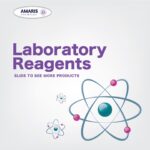
 LABORATORY EQUIPMENT & APPARATUS
LABORATORY EQUIPMENT & APPARATUS
 Fertilizers
Fertilizers Plant Growth Regulators
Plant Growth Regulators Soil Conditioners
Soil Conditioners Animal Feed Additives
Animal Feed Additives Biostimulants
Biostimulants Dough Conditioners
Dough Conditioners Flour Treatments
Flour Treatments Fat Replacers
Fat Replacers Preservatives (baking)
Preservatives (baking)
 Surfactants (cleaning)
Surfactants (cleaning) Builders
Builders Bleaching Agents
Bleaching Agents Enzymes
Enzymes Solvents (cleaning)
Solvents (cleaning) Fragrances
Fragrances

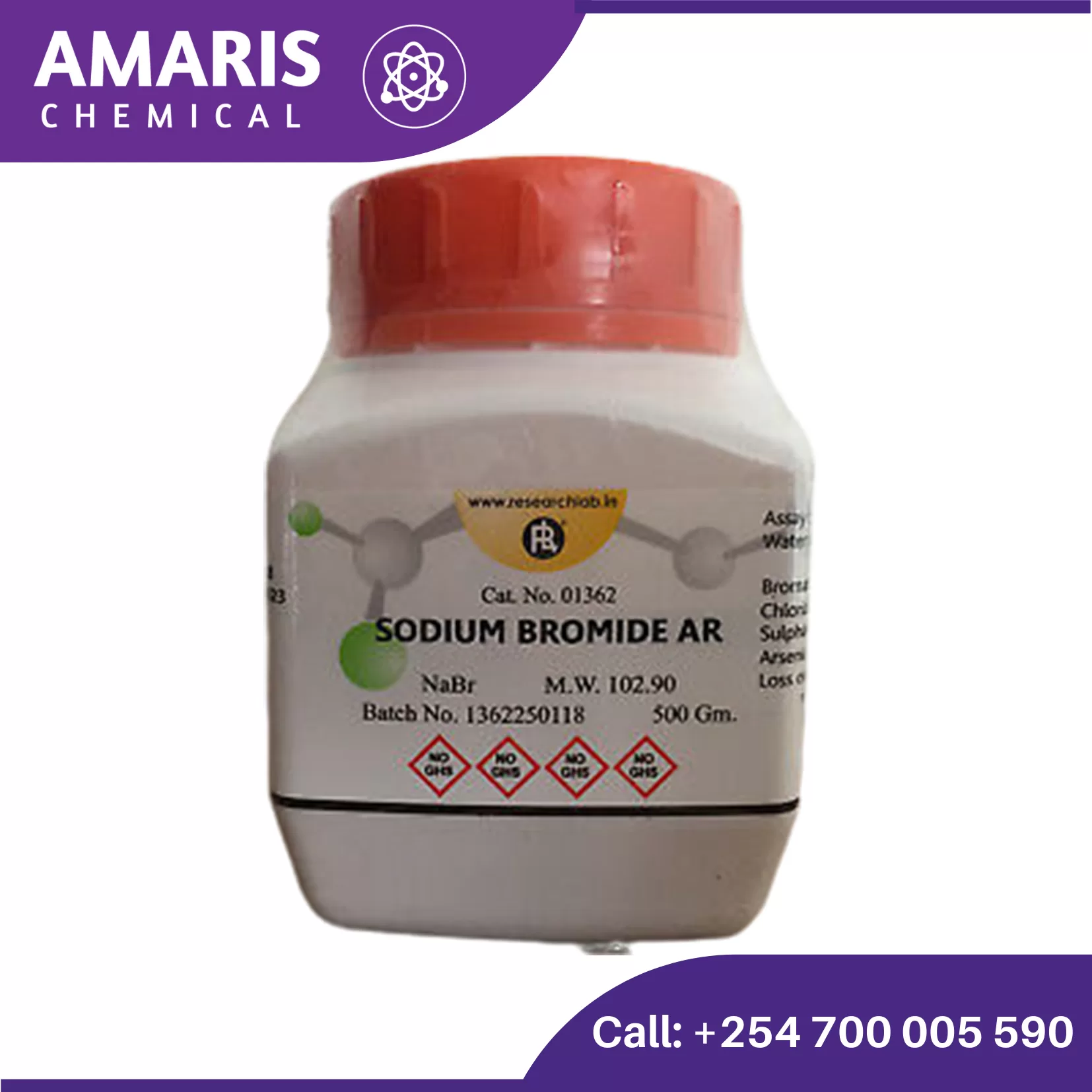
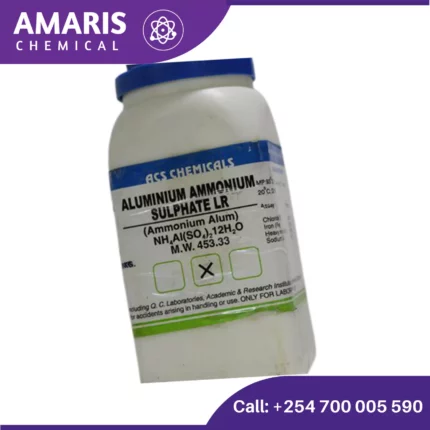

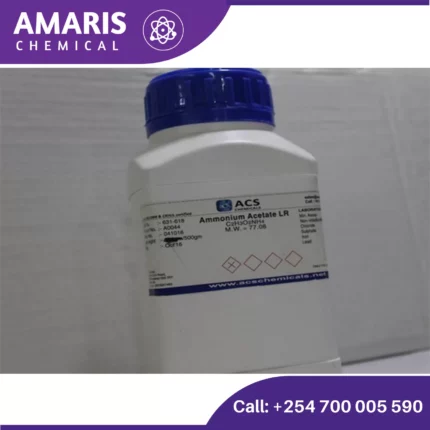
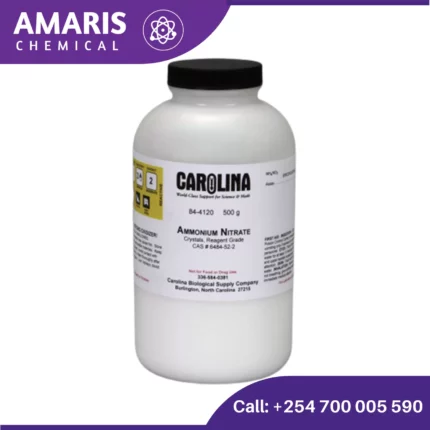
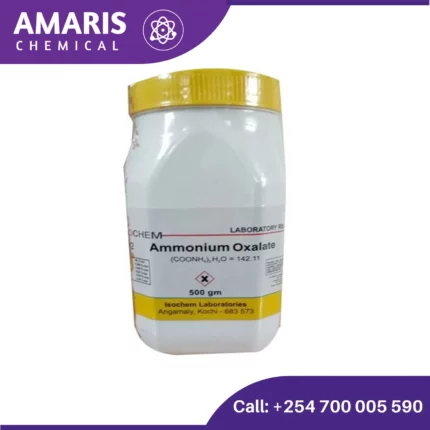

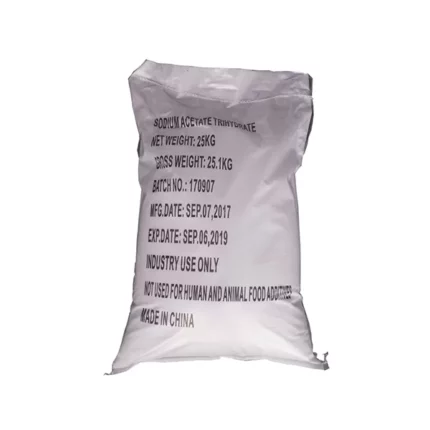

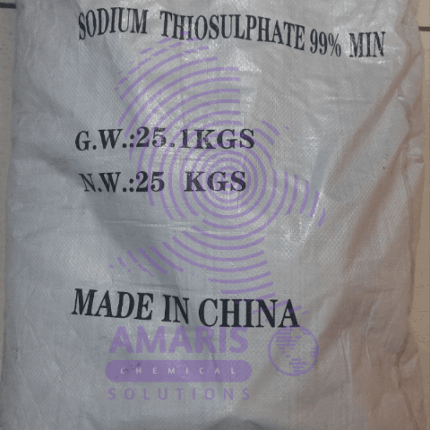
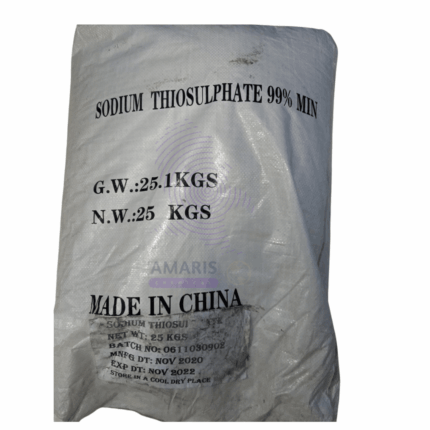













Reviews
There are no reviews yet.